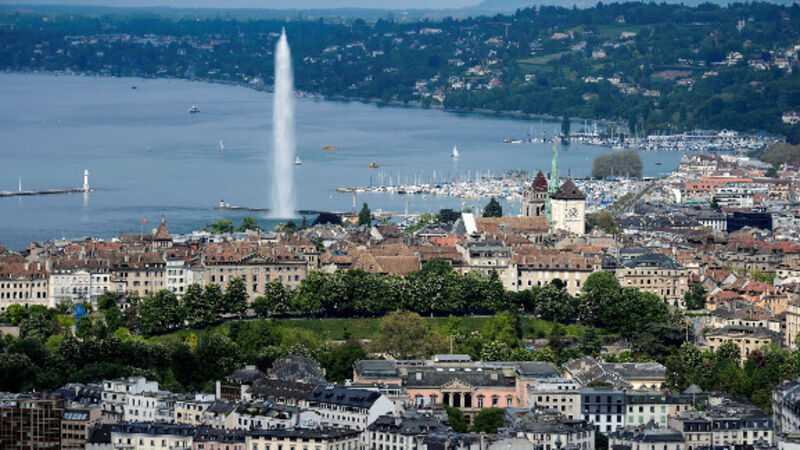Homeless are simply not a priority here

Today, many of the buildings house banks, which churn the money of the global rich, rinsing tax from their booty.
I sat by the lake last week eating a bit of a baguette. Well, technically I wasn’t eating it, I left that to my family. It cost my wife €8 and was nothing special at all. There was no way we were forking out for another one. So I went hungry, and sought relief in the lake-centred beauty of the city.

















